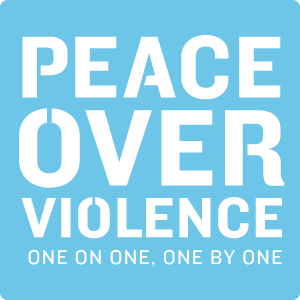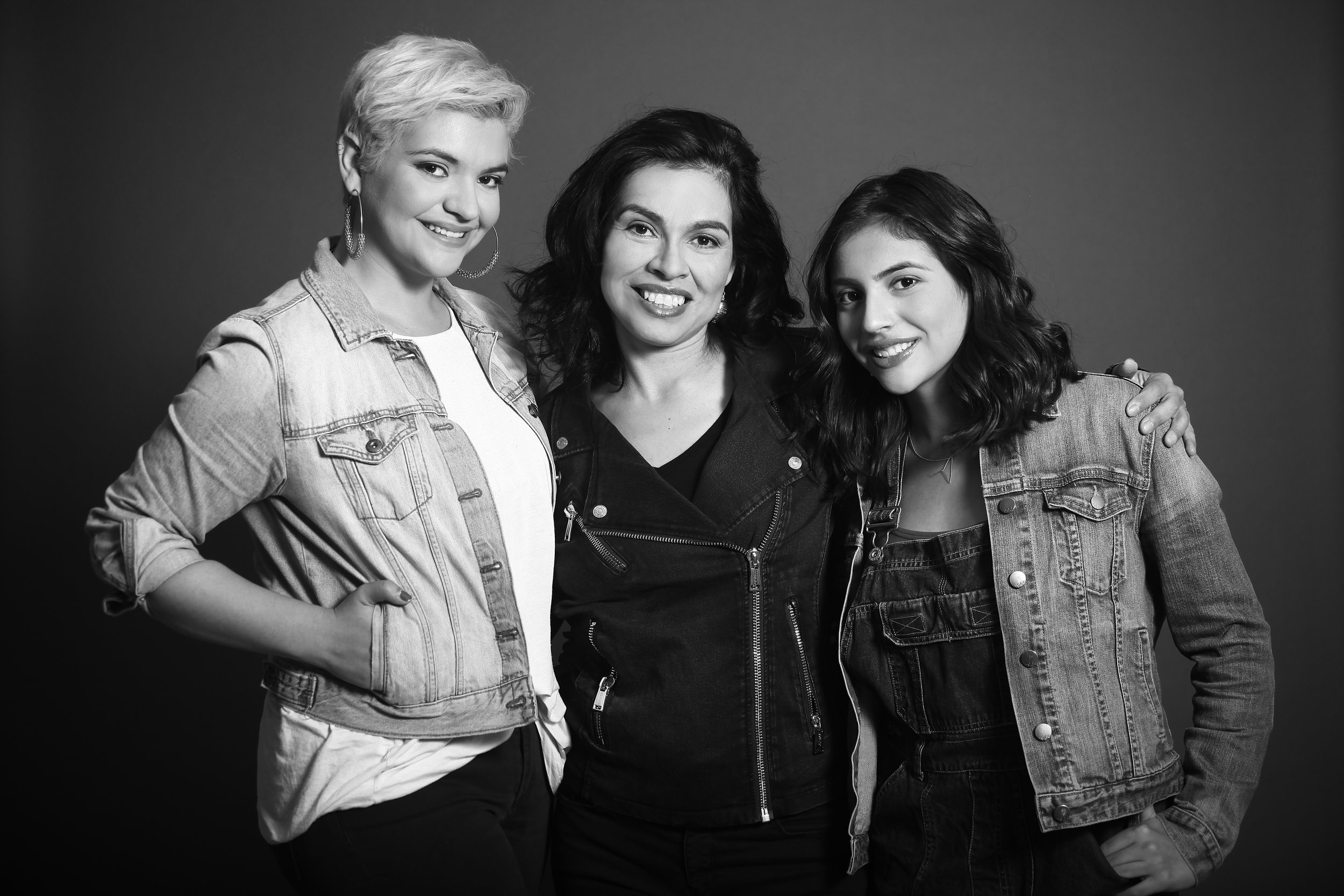TDVAM: Adults as Allies in Ending Teen Dating Violence
It’s 2019 and social justice has become a normal part of many of our lives over the last few years. We are more accustomed to the language of activism and incorporating new terms into our vocabulary. The term ‘ally’ floats around with a slightly ambiguous definition of someone that acts in the pursuit of ending oppression and creating equality for a community that they are not a part of. If we understand the term ally in the broader sense then what is an adult ally? To be an Adult ally means supporting, uplifting the voices, and trusting youth in the way that best serves their needs and causes. They engage youth in the community as essential members in the conversation around progress.
Our society often silences the voices of youth by calling them irresponsible or too young for their thoughts to hold value. A year ago that perspective was put into question when the Parkland, Florida high school mass shooting happened and the young survivors took matters into their own hands. They stood up for gun control and asked adults the tough questions. Their bravery was a call to action for adults. The role of adult allies is to spread their message, ask them how we can help them achieve their goals and act on it. The Parkland students activism was a wake-up call to many about how essential the voices of youth are for progress.
“One in three adolescents in the U.S. is a victim of physical, sexual, emotional or verbal abuse from a dating partner.”
February is Teen Dating Violence Awareness Month and it’s important for adult allies to channel their energy into spreading awareness and preventative measures. One in three adolescents in the U.S. is a victim of physical, sexual, emotional or verbal abuse from a dating partner. This is a much higher rate than other types of violence that youth experience. Unfortunately, eighty-one percent of parents believe that teen dating violence is not an issue or they admit that they don’t know that it’s an issue. So what are the consequences of adults ignoring that teen dating violence is not only real but prevalent? It will only continue to worsen.
Adult allies recognize that teen dating violence is real and ask what they can do to help. Early childhood education needs to ingrain knowledge about healthy relationship techniques and trauma-informed classroom management to teach and model healthy behavior. Children and teenagers receive messaging early on about what constitutes a normal relationship from their families, movies, etc. so providing them with equally early knowledge about healthy friendships and later on romantic relationships will set the foundation for preventing future teen dating violence. Access to information about power and control dynamics and the building blocks for healthy relationships. It is the responsibility of adult allies to facilitate this step towards changing the way youth view relationships.
Adult allies learning and understanding the signs of teen dating violence is necessary to ensure this trauma-informed approach to intervention. Even though 82% of parents feel confident that they could recognize the signs if their child was experiencing dating abuse, a majority of parents (58%) could not correctly identify all the warning signs of abuse.
“Currently, only 33% of teens who were in violent relationships ever told anyone about the abuse. The only way that we can improve this statistic is by having adult allies that are prepared to listen and help. ”
In order for youth to feel comfortable talking to adults about teen dating violence that they or their friends are experiencing, they must have adult allies adults present in their lives. Adult allies truly hear youth and practice patience in an effort to increase the likelihood that youth will feel comfortable opening a dialogue. Currently, only 33% of teens who were in violent relationships ever told anyone about the abuse. The only way that we can improve this statistic is by having adult allies that are prepared to listen and help.
As an adult ally, you can work to prevent violent relationships experienced by adolescents. The impact of teen dating violence can have serious ramifications, putting the victims at higher risk for substance abuse, eating disorders, risky sexual behavior, and further domestic violence.
-Terra Hope Meyer
Community Organizing & Outreach Coordinator
To request a presentation about healthy relationships:
https://www.peaceoverviolence.org/request-a-training-or-presentation/
To learn more about youth empowerment programs:
https://www.peaceoverviolence.org/youth-over-violence/
To become an adult ally check out our Violence Prevention Specialist volunteer program:
https://www.peaceoverviolence.org/volunteer/
When Dating Becomes Dangerous: A Parent's Guide to Preventing Relationship Abuse:
https://www.peaceoverviolence.org/shop/when-dating-becomes-dangerous

